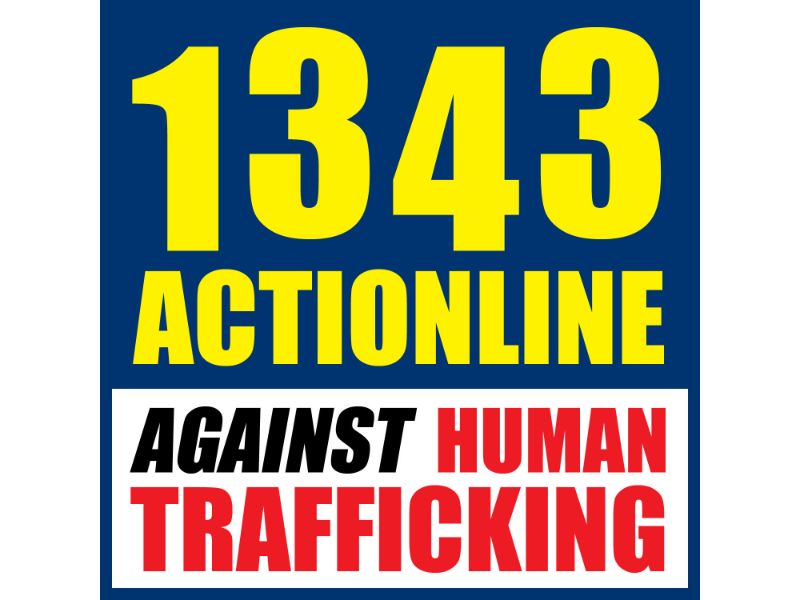Au pair is a French term for a domestic assistant, usually a single person between 18 years old to 30 years old who is placed under a cultural exchange program with a European host family for a maximum stay of two years.
The au pair scheme allows cultural and language learning in any specific European country of destination. The person under this program will live in a host family “at par or on an au pair basis with the immediate members of the host family.”
Although no salary is given, the single woman under au pair program will be given pocket money but will share in light household tasks and responsibilities such as child care based on the au pair placement contract with the host family.
Del Rosario said the new Guidelines of the au pairs was drafted and agreed upon by the DFA, the Department of Education, the Bureau of Immigration and the Department of Labor and Employment along with its attached agencies such as the Philippine Overseas Employment Administration and the Commission on Filipinos Overseas.
The new procedures for the departure of au pairs have been simplified and authorities have minimized the documentary requirements to be submitted.
The chief diplomat also said strict monitoring system shall also be put in place in Philippine Embassies and Consulates General in Europe for the protection of the au pairs. “The DFA will act as the lead agency in formulating policies on the au pair scheme,” he said.
He stressed that au pairs need only to submit the following to the Bureau of Immigration at the port of departure: a contract of engagement duly authenticated by the Philippine Embassy or Consulate General in the area of destination, valid passport with au pair visa, and a CFO certificate/sticker.
Au pairs need not go through the Department of Labor and Employment or Philippine Overseas Employment Administration procedures anymore, as they are not considered overseas Filipino workers.
The government banned sending au pairs to Europe in 1998 due to isolated cases of abuse of the system by some unscrupulous elements. The government lifted the ban in 2010 but only for Scandinavian countries such as Switzerland, Denmark and Norway.
Source: http://businessmirror.com.ph/home/economy/23622-ban-on-europe-bound-au-pairs-lifteddfa
